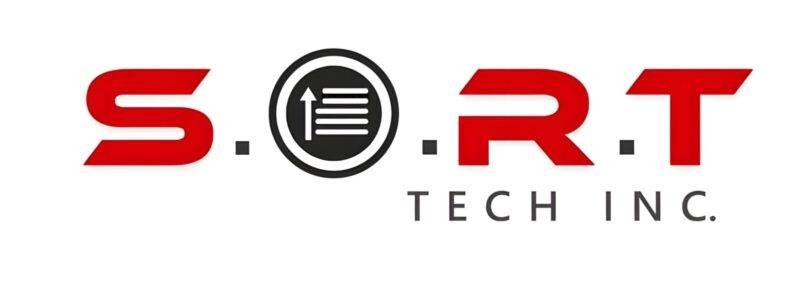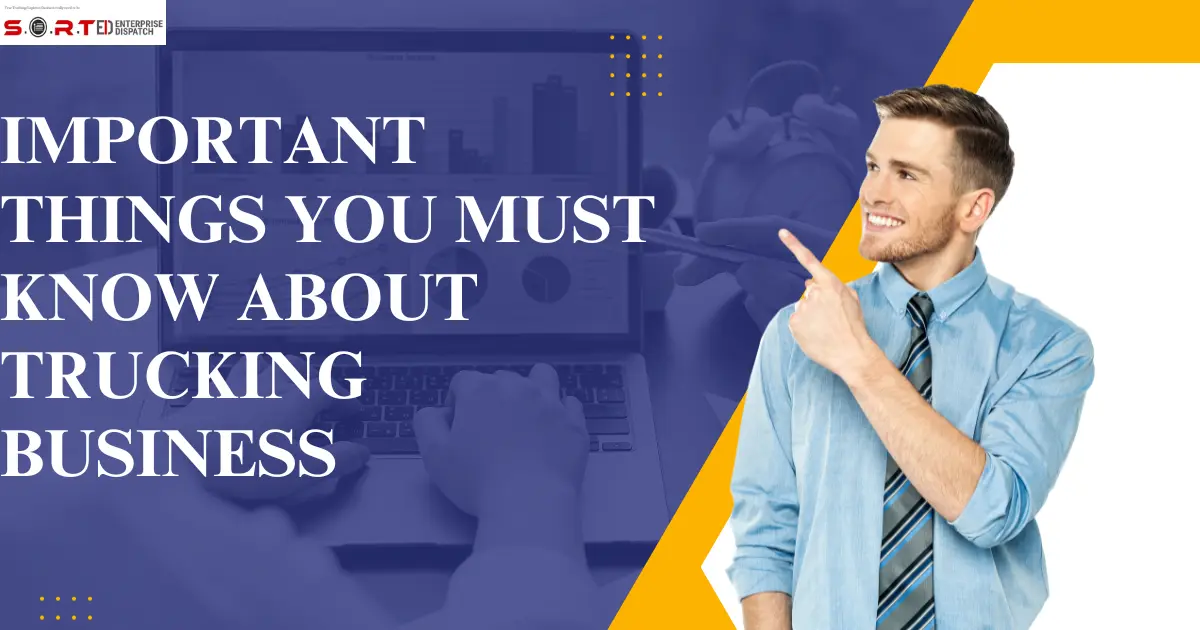In the vast landscape of the modern economy, the trucking industry plays a pivotal role in ensuring the seamless flow of goods across cities, states, and nations. The trucking business, often referred to as the backbone of the supply chain, is a multi-billion-dollar industry that touches the lives of people and businesses in countless ways. In this article, we will delve into the world of trucking, exploring its essential functions, the challenges it faces, and the innovations that are shaping its future.
The Foundation of Trucking Business
At its core, the trucking business is about the movement of goods from one point to another. It’s a complex web of logistics, involving a variety of vehicles, routes, and specialized services. From the moment a product leaves a manufacturer’s facility to when it reaches a retailer’s store or a consumer’s doorstep, trucks are the workhorses that keep the wheels of commerce turning.
Types of Trucking Business
Trucking is a diverse industry with various specialized niches, each serving unique needs. Some of the prominent categories within the trucking business include:
Freight Hauling: This is the most common form of trucking, involving the transportation of goods over long distances. Freight can range from consumer goods to industrial materials, and trucks of different sizes and configurations are used to accommodate various cargo types.
Refrigerated Trucking: For perishable goods like food and pharmaceuticals, refrigerated trucks are crucial to maintain the required temperature during transit. This sub-sector is vital for the supply of fresh produce and temperature-sensitive products.
Flatbed Trucking: Flatbed trucks are designed to carry oversized or irregularly shaped cargo, such as construction equipment, machinery, and building materials.
Tanker Trucking: Tanker trucks transport liquids, including petroleum, chemicals, and food-grade products like milk and juice. Safety and specialized training are paramount in this segment.
Intermodal Trucking: This type of trucking involves the movement of cargo containers between different modes of transportation, often integrating trucking with rail or maritime transport.
Also Read – Schneider Trucking – A Trailblazing Journey in the Transportation Industry
The Challenges of Trucking Business
While the trucking business is essential to the modern economy, it faces several challenges that require innovative solutions:
Driver Shortage: One of the most pressing issues in the trucking industry is a shortage of qualified drivers. Long hours on the road, regulatory constraints, and lifestyle factors have contributed to a declining interest in truck driving as a career.
Regulatory Compliance: The trucking industry is subject to a myriad of regulations, including safety standards, emissions requirements, and hours-of-service rules. Staying compliant with these regulations can be challenging for both drivers and trucking companies.
Fuel Costs: Fuel is a significant operating expense for trucking companies. Fluctuating oil prices can greatly impact profitability, leading many companies to explore alternative fuels and energy-efficient technologies.
Infrastructure and Congestion: Aging infrastructure and congested highways can lead to delays, increased maintenance costs, and safety hazards. Investment in infrastructure improvements is essential for the industry’s efficiency.
Environmental Concerns: As the world grapples with climate change, the trucking industry faces increasing pressure to reduce emissions. This has led to the development of electric and hydrogen-powered trucks, as well as advancements in aerodynamics and fuel efficiency.
Also Read – Navigating the Road to Success with Lease Purchase Trucking Companies
Innovations in Trucking
To address these challenges and adapt to a changing world, the trucking industry is embracing innovative solutions:
Automation: Autonomous trucks are on the horizon, promising to improve safety and efficiency. Companies like Tesla and Waymo are developing self-driving technology that could reshape the industry.
Telematics and IoT: The use of telematics and the Internet of Things (IoT) in trucks has enabled real-time tracking, remote diagnostics, and predictive maintenance, improving fleet management and reducing downtime.
Electric and Hydrogen Trucks: Electric and hydrogen-powered trucks are becoming more viable options. They offer reduced emissions, lower fuel costs, and potential government incentives.
Digital Freight Platforms: Online platforms are connecting shippers and carriers more efficiently, streamlining the process of finding and booking loads. This not only saves time but also reduces empty miles and fuel consumption.
Driver Assistance Systems: Advanced driver assistance systems (ADAS) are enhancing safety and reducing accidents. Features like adaptive cruise control, lane-keeping assist, and collision avoidance systems are becoming standard in many new trucks.
The Future of Trucking Business
As we look ahead, the trucking industry is poised for transformation. Here are some key trends that will shape its future:
Green Initiatives: Sustainability will continue to be a driving force. Electric and hydrogen-powered trucks will become more widespread, and carbon-neutral logistics will gain traction.
Digitalization: The industry will become increasingly digital, with more businesses adopting cloud-based management systems, electronic logging devices, and blockchain technology for secure and transparent supply chain management.
Automation: While full automation may still be a few years away, we will see more autonomous features integrated into trucks, making driving safer and more efficient.
E-commerce Boom: The growth of e-commerce will drive demand for last-mile delivery services, leading to innovations in urban logistics and electric delivery vehicles.
Workforce Evolution: The trucking workforce will become more diverse, with an increasing number of women and younger individuals entering the profession. Companies will also focus on improving driver retention and job satisfaction.
Conclusion
The trucking business is the lifeblood of the global economy, ensuring that goods reach their destinations efficiently and reliably. Despite its challenges, the industry is undergoing a significant transformation driven by innovation, sustainability, and digitalization. As we look to the future, the trucking industry will continue to adapt and evolve, playing a vital role in shaping the way we move goods in the 21st century.





